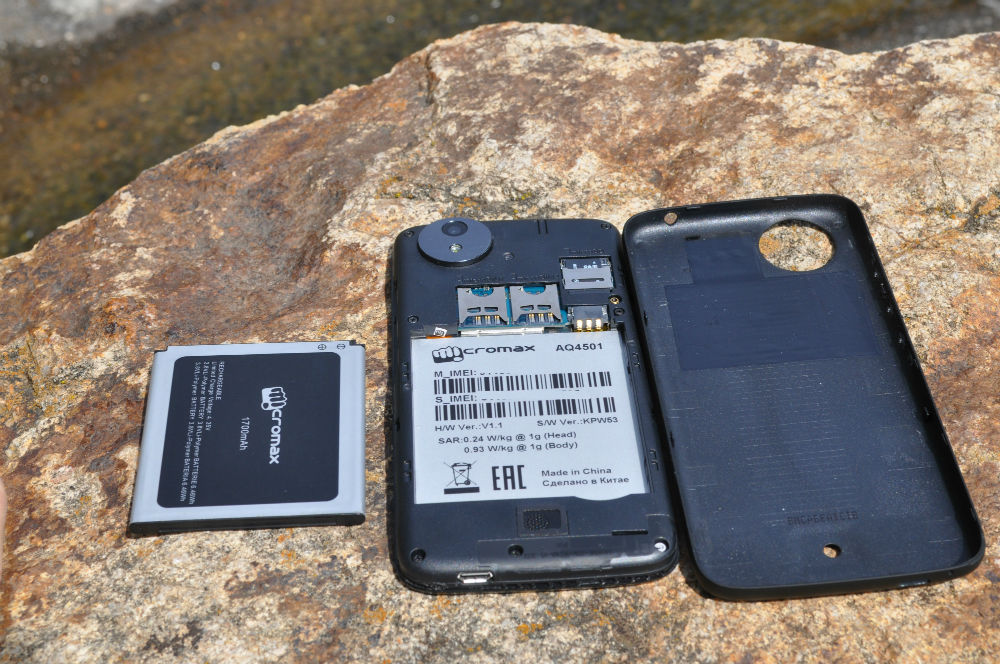
Earlier this week, Apple, after an investigation by iFixit, was found to be throttling clock speed in a bid to extend longevity of older devices. On the Android side of the fence there’s been a few manufacturers who’ve advised they do not throttle old devices.
The issue at hand is that Apple has been caught throttling the clock speed on older iPhones to extend device longevity. The slow-down appears to be the result of a software update – iOS 10.2.1 – launched earlier this year which included a fix to resolve a shutdown issue in older iphones. The fix itself appears to have been to slow down phones in order to limit the draw on the battery, which was shutting down phones.
Apple has since completely acknowledged the slow down is intentional, but to their credit have also instituted a new battery replacement program. Under the program, eligible iPhone 6 (and later) phones can have their battery replaced for just $29 – a discount of $50, if their battery is degraded to the point of requiring the phone to slow down.
So, where do Android manufacturers stand? In statements to The Verge, and PhoneArena, Motorola, HTC, Samsung and LG have all advised they do not take part in this practice.
In a statement to The Verge, a HTC spokesperson said ‘designing phones to slow down their processor as their battery ages “is not something we do.”’ While a Motorola spokesperson said, ‘We do not throttle CPU performance based on older batteries’.
To PhoneArena, in response to the question of whether they slowed down older devices an LG spokesperson said ‘Never have, never will! We care what our customers think’. While Samsung said:
Product quality has been and will always be Samsung Mobile’s top priority. We ensure extended battery life of Samsung mobile devices through multi-layer safety measures, which include software algorithms that govern the battery charging current and charging duration. We do not reduce CPU performance through software updates over the lifecycles of the phone.
While there’s a lot of to’ing and fro’ing, it seems like a good technical fix on Apple’s part. The major problem seems to be that they forgot to tell anyone, so now it appears Apple have been caught red-handed at something that’s not quite nefarious, but probably should have been advertised.
Android manufacturers, at least those who answered the question are not on board with doing this but then again, their older phones aren’t shutting down due to older batteries requiring this fix.




